Your dog's diet is crucial to their recovery. "Diet can be easily controlled and can make the difference between a successful treatment outcome and a failure". Dogs did not evolve as grain eaters. For the past 10 million years they have primarily been meat eaters. They do not produce the enzymes necessary to digest grains.
Unfortunately, most commercial dog foods are based upon rice, wheat or corn. While rice and corn may be OK for young and otherwise healthy dogs, pets fighting cancer should not be fed grains. Read your dog food label to make sure the first ingredient on the list is some type of meat.
Manufacturers are required to list the predominant ingredients first, so if grains are listed they should not be the first ingredient listed. A full list of the recommended grain free dog foods can be found here. Additional animal based protein and fat should be added to the diet as well, since lymphoma dogs require more of these in their diet than healthy dogs do. Feel free to add canned sardines (one of the best sources of high quality proteins), cottage cheese, eggs and just about any kind of meat such as hamburger or ground turkey. No Chicken Bones!
This additional protein is important because when adequate amounts of the correct proteins and fats are not present in the diet, the body will tend to rob it from other places, which can lead to serious secondary complications. This can lead to muscle wasting, but is more likely to lead to complications with the functions of the kidneys and liver, something your poor dog does not need on top of the cancer.
These secondary liver and kidney complications can usually be avoided by watching your dog's diet and supplementing it with high quality protein and Bio- Silymarin. A dog with cancer is building a lot of new tissue, whether it be tumor tissue or just scar tissue. Certain specific proteins and cell membrane .components (the omega 3, 6 and 9 fatty acids) are required to do this. Membrane stabilizers such as omega- 3-fatty acids, gamma-linolenic acid and coenzyme Q-10 are also important additions.
Antioxidants can sometimes be helpful in treating canine cancer, but do not add additional Vitamin C to the dog's diet unless specifically recommended by your vet. In any case, check with your oncologist before adding any antioxidants to the dog's diet, as some antioxidants can interfere with some of the chemotherapy drugs used in fighting lymphoma.
We HIGHLY recommend fish oil be added to any cancer dog's diet to make sure they get plenty of the omega fatty acids. It is easy to get a dog to take their fish oil. If you open the softgel, you will find it is stinky and fishy. It's like candy for dogs. They love it.
Just snip open the capsule and squeeze some out so the dog can smell it the first time, and after that you should have no problem with the dog taking the capsules.
One 1000 mg softgel capsule per 20 lbs body weight per day is a good dose for dogs. (60 lbs dog gets 3 capsules per day).
Make sure to provide plenty of fresh drinking water. Cancer dogs should drink filtered water only. The simplest way to provide this is with a counter top filter with the spigot positioned just above the water bowl.

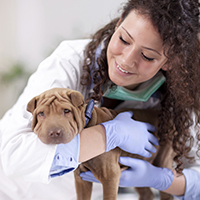 Average Lifespan of a Dog depends on Size
Large Dogs Seem to Age at a Fast Pa
Average Lifespan of a Dog depends on Size
Large Dogs Seem to Age at a Fast Pa
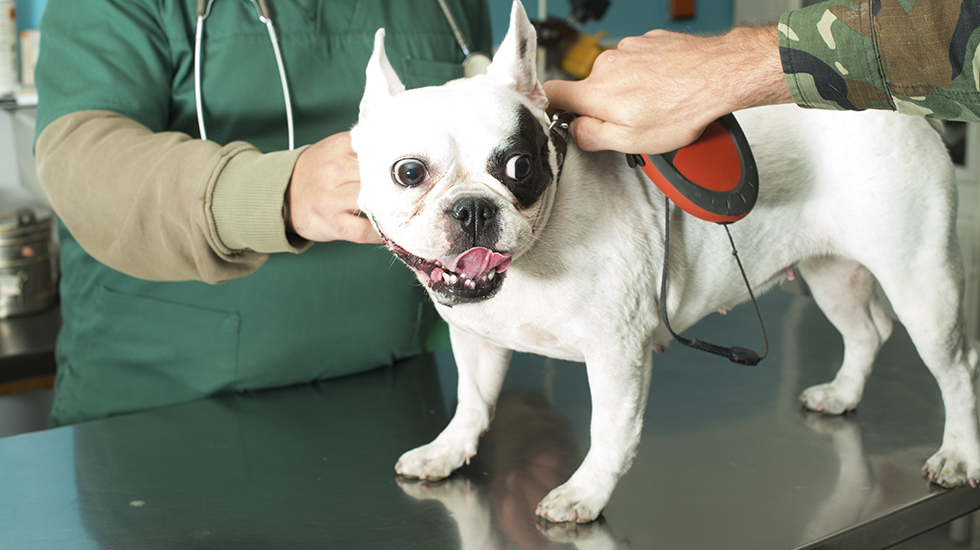 Canine Flu: Highly Contagious
Canine Flu: the nasty but treatable
Canine Flu: Highly Contagious
Canine Flu: the nasty but treatable
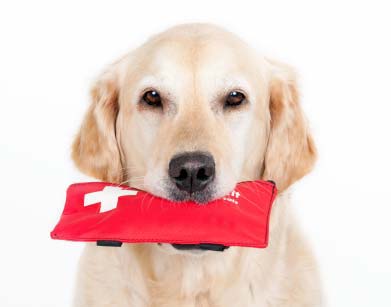 First Aid for a Dog Burns
Medically Treat Any Burn on Your Do
First Aid for a Dog Burns
Medically Treat Any Burn on Your Do
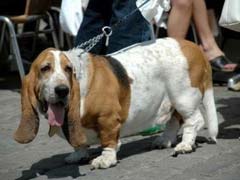 Dog Hip Dysplasia Treatment
Large
Dog Hip Dysplasia Treatment
Large
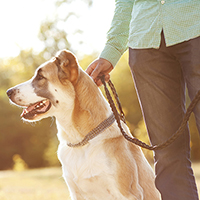 Can Dogs Eat Strawberries
Warm weather means that fresh fruit
Can Dogs Eat Strawberries
Warm weather means that fresh fruit